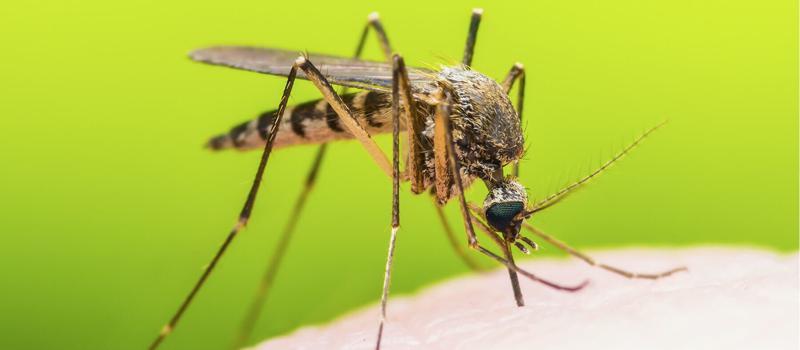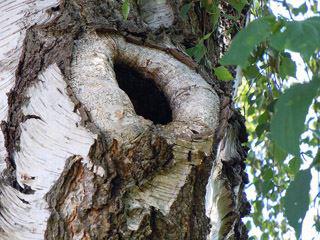How Do Mosquitoes Survive the Winter Annoying Us at the First Chance they Get Each Spring?
Posted by Mosquito Squad
December 20, 2023
Mosquitoes are cold-blooded (literally and figuratively). They become most active when temperatures are over 80 degrees Fahrenheit. Mosquitoes become inactive when the weather regularly dips down below 50 degrees for the winter.
How do mosquitoes survive the winter?
 There are two ways in which mosquitoes survive the winter, allowing them to become active again in the spring. Over-wintering is accomplished by delayed-hatching eggs or dormant adults.
There are two ways in which mosquitoes survive the winter, allowing them to become active again in the spring. Over-wintering is accomplished by delayed-hatching eggs or dormant adults.
Delayed-hatching mosquito eggs
Delayed-hatching mosquito eggs are laid in areas prone to become wet in spring, where standing water previously existed. Common areas include areas along river beds, flood plains, rainwater catch basins and container habitats such as tree holes or old tires.
The eggs are dormant. They must experience a dry period or cold period before they will be able to hatch once covered with water. They can lay dormant for several years and still hatch when the conditions are right!
Various mosquito types are better at this process than others. But they are evolving. A recent study found that the Asian Tiger mosquito, best at surviving tropical climates, has been able to slowly move north due to their increased ability to detect approaching cold weather and lay delayed-hatching eggs.
Over-wintering adult mosquitoes
Adult female mosquitoes may over-winter in shelters such as houses, caves, culverts, or tree holes. They will go dormant and must experience a period of cold before they can emerge and develop eggs. They are among the first mosquitoes that come out biting in the springtime.
Only mated females can over-winter. And some mosquito species are more prone to over-wintering than others. As you can imagine, common mosquitoes in the Midwest such as Anopheles and Culiseta are among those that over-winter.
Fall Mosquito Treatment Controls Spring Mosquitoes
While you might think mosquito control treatment in the fall is a waste, you’d be mistaken. When we can eliminate up to 90% of mosquitoes on your property for up to three weeks, there is a cumulative effect.
A single female mosquito can produce up to 300 eggs at a time. Those eggs can hatch in as quickly as a week. With every female mosquito we eliminate, you enjoy the cumulative effect of her potential offspring never existing and producing their own offspring.
Continuing your St. Louis mosquito control treatment right up until the weather gets too cold for mosquitoes, means you’ll have fewer over-winter mosquitoes to emerge in the spring and fewer delayed-hatching eggs. Call today for a free mosquito control treatment quote and ask us what we recommend for fall outdoor pest control treatment to get you a head start on spring outdoor enjoyment.
